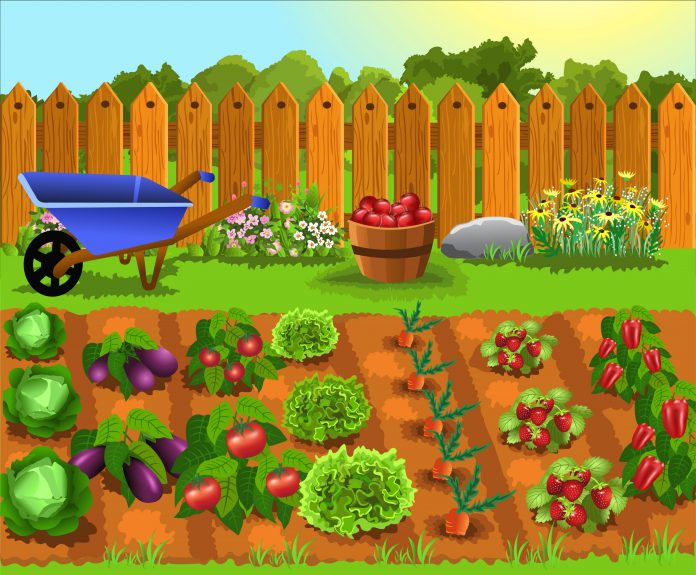Summer is a great time to enjoy your garden, but it can also be a challenge for plants. The hot sun, dry air, and lack of rain can all stress plants and make them more susceptible to pests and diseases.
Here are some tips on how to protect your plants from summer heat:
Water deeply and regularly.
The most important thing you can do to protect your plants from summer heat is to water them deeply and regularly. Watering deeply will help the roots to reach down and find moisture, and it will also help to cool the soil. Water your plants early in the morning or in the evening, when the sun is not as hot.
Mulch around your plants.
Mulch helps to keep the soil cool and moist, and it also helps to suppress weeds. Spread a 2- to 3-inch layer of mulch around your plants, being careful not to pile it up against the stems.
Provide shade for your plants.
If you have plants that are sensitive to the heat, you can provide them with shade. You can use shade cloth, a tarp, or even an old sheet to create shade for your plants.
Choose heat-tolerant plants.
There are many plants that are naturally heat-tolerant. If you live in an area with hot summers, it is a good idea to choose plants that are well-suited to the climate. Some heat-tolerant plants include lavender, rosemary, cacti, succulents, and sedums.
Harvest your crops early.
If you have vegetables that are starting to show signs of heat stress, you may want to harvest them early. This will allow you to enjoy them while they are still fresh and delicious, and it will also give your plants a chance to recover before the heat becomes too intense.
Fertilize your plants with caution.
Too much fertilizer can actually stress plants and make them more susceptible to heat damage. If you are fertilizing your plants in the summer, be sure to use a light application of fertilizer and follow the directions on the label carefully.
Monitor your plants for signs of stress.
It is important to check your plants regularly for signs of heat stress. Some signs of heat stress include wilting leaves, browning leaves, and stunted growth. If you notice any of these signs, take steps to cool your plants down and provide them with more water.
By following these tips, you can help your plants to survive and thrive in the summer heat.
Additional tips:
- If you have a greenhouse, you can use it to protect your plants from the heat.
- You can also use fans to help circulate the air around your plants and keep them cool.
- If you are going to be away from home for an extended period of time, ask a friend or neighbor to water your plants.
- Be sure to check your plants for pests and diseases regularly, and treat any problems as soon as possible.
With a little care and attention, you can keep your plants healthy and happy all summer long.

